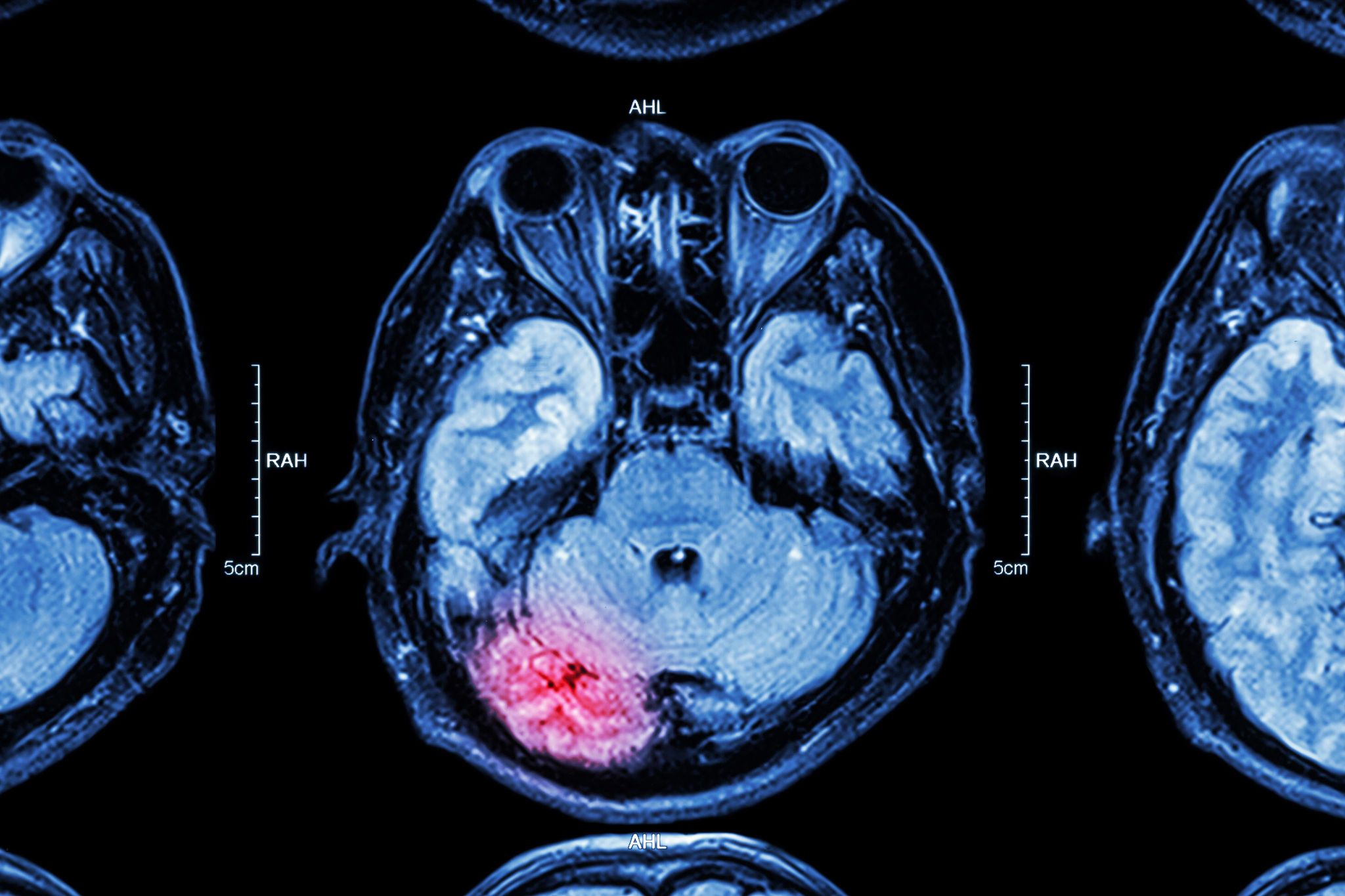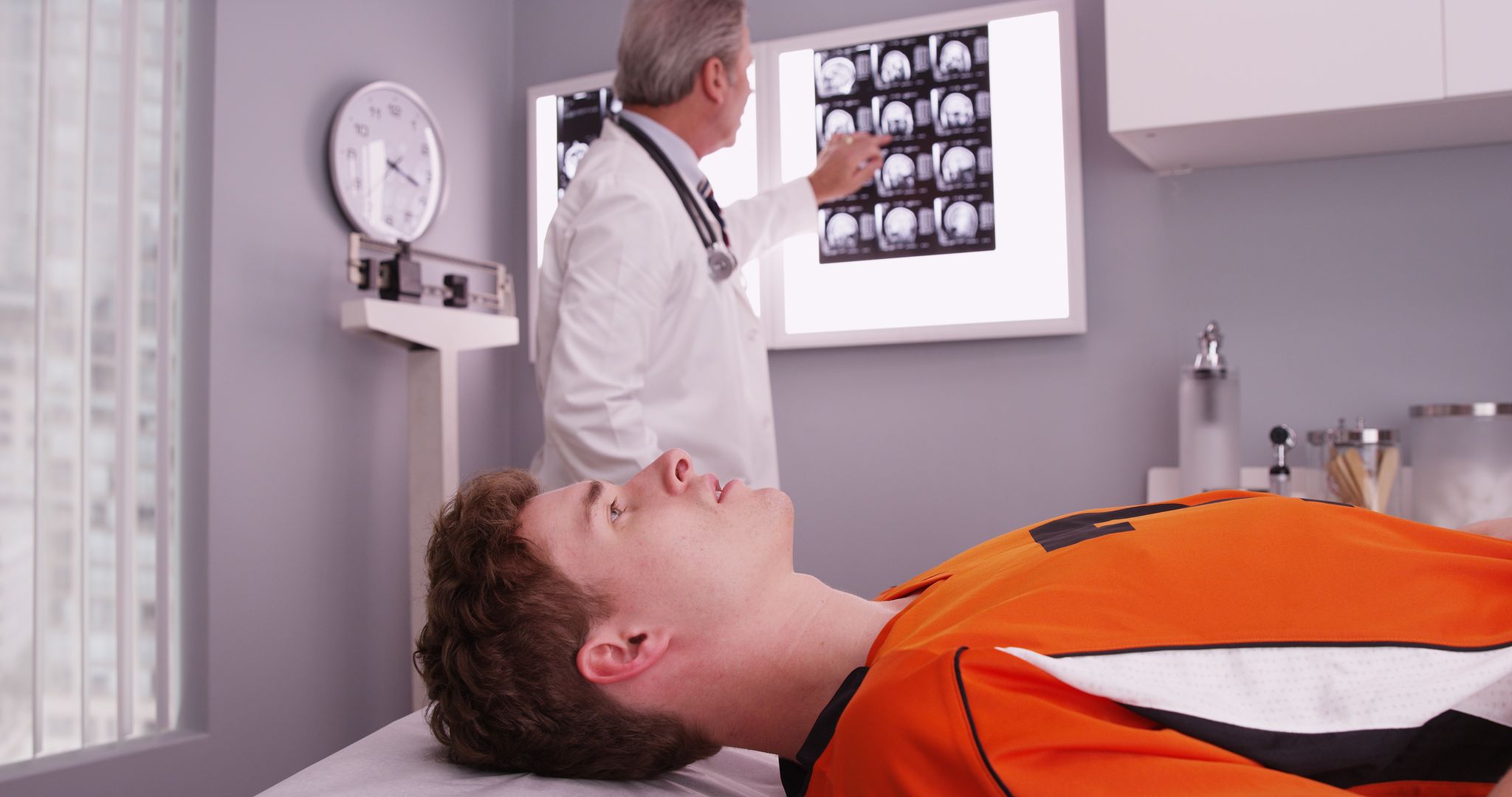If you sustained a brain injury due to the negligent actions of another person or a company, contact the Liberty personal injury attorneys of House Packard McElderry, LLC right now to discuss your legal options. We might be able to represent you in a case against the at-fault party and seek compensation on your behalf.
The severity of a brain injury depends on the type and location of the damage. Injuries to the brain can cause permanent or temporary disruptions in function. Minor brain injuries heal entirely with adequate treatment. However, severe brain injuries can be permanent and cause physical and mental impairments. A range of factors can contribute to a brain injury. Car accidents commonly lead to concussions when an occupant hits their head on the steering wheel or dashboard. Concussions can also result from trauma to the head after falling down the stairs or tripping on a hazard. Various symptoms can appear depending on the type and severity of the injury. Some start immediately, while others aren’t apparent until days or weeks later.
At House Packard McElderry, LLC, we understand a person’s challenges after a brain injury. The injury can interfere with every aspect of daily life and routine. For some accident victims, returning to work isn’t possible. Others require assistance performing routine tasks. The cost of medical bills can be expensive and lead to massive debt. Someone else is at fault for the incident and should be liable for your injury. You should not face the consequences of their wrongdoing. House Packard McElderry, LLC is ready to help you fight for the justice and compensation you deserve. We can handle every legal aspect of your case so you can focus on recovering. We will treat you as a priority and provide the guidance and support you need during this traumatic experience. Call House Packard McElderry, LLC at (816) 381-9105 today for your free consultation with one of our brain injury attorneys in Liberty, MO.

Common Types of Brain Injuries
Certain brain injuries cause immediate symptoms. The symptoms start right after some sort of trauma to the head or body. Other types of injuries to the brain aren’t noticeable in the aftermath of an accident. It might take a few days or even weeks before symptoms appear. There are two primary types of brain injuries – non-traumatic and traumatic. External force doesn’t cause non-traumatic brain injuries. This type of injury typically results from factors such as:
- Oxygen deprivation
- Brain aneurysm
- Drowning
- Metabolic disorder
- Cardiac arrest
- Illness
Non-traumatic brain injuries fall under two classifications:
Anoxic injury
Anoxia is a lack of oxygen to the brain that prevents normal functioning.
Hypoxic injury
Hypoxia is reduced blood flow to the brain, causing the brain to receive less oxygen than it needs to function as usual.

A traumatic brain injury (TBI) results from a violent jolt or blow to the head or penetrating injury. The classification a TBI falls under depends on the cause of the injury. The most common classifications include:
A coup-contrecoup injury damages the brain in two separate stages. The first stage happens when an external force causes the brain to impact the front of the skull. It rebounds and impacts the back of the skull in the second stage.
A diffuse axonal injury occurs when the long connecting nerve fibers tear when the brain rotates and shifts inside the skull. The brain suffers microscopic changes that can cause a person to fall into a coma.
A penetrating brain injury results from an object penetrating the skull and entering the brain, causing damage. Penetrating injuries can lead to internal bleeding, swelling, and other complications.
A hematoma is a collection of blood outside a blood vessel. When it happens to a vessel in the brain, blood can pool within the skull and place significant pressure on the brain.
A contusion is a bruise. Swelling and bleeding near the site of the injury are common with brain contusions.
Concussions result from a sudden or violent blow or movement to the head. A concussion affects brain function and can cause issues with coordination, memory, and concentration.
If you sustained a brain injury, House Packard McElderry, LLC's Liberty personal injury lawyers can help you fight for the compensation you need.
Contact Us
Compensation Available for a Brain Injury
You could pursue compensation for your brain injury from the at-fault party in a lawsuit or their liability insurance company. The money you recover might compensate you for injury-related losses, such as:
- Medical bills
- Lost wages
- Lost earning capacity
- Permanent impairment and disability
- Mental anguish
- Loss of enjoyment of life
- Pain and suffering
- Out-of-pocket expenses
- Property damage
You could also pursue punitive damages if you file a lawsuit against the negligent individual or company that caused your brain injury. You might receive this type of financial award if you can show clear and convincing evidence of the defendant’s deliberate and flagrant disregard for others’ safety or intentional harm without just cause.
Statute of Limitations for Lawsuits Involving Brain Injuries
If you suffered a brain injury during an incident someone else caused, you could sue them. However, you must follow a specific timeframe. Missouri’s statute of limitations allows five years for injury cases. That means you must file your lawsuit within five years of the date of the accident. You could toll the statute in either of these circumstances:
The five-year timeframe will not start until you are no longer mentally incapacitated.
If you are under 21 years old when the accident happens, you will have five years from the date you turn 21 to initiate your lawsuit.
If you are a surviving spouse, child, or another eligible party, you could pursue a wrongful death case if your loved one sustained a fatal brain injury due to someone’s negligence. The statute of limitations for wrongful death lawsuits allows three years. That timeframe starts on the date of the victim’s death. If the brain injury resulted from a healthcare professional’s error or omission, you must file your medical malpractice lawsuit within two years of the date the malpractice occurred. However, the discovery rule could apply if you don’t immediately realize your injury is due to medical malpractice. In that case, you would have two years from the date you discover your injury.
Contact Us
House Packard McElderry, LLC is proud of the reputation we have built over the years. We’ve received multiple awards from prestigious organizations, including The National Trial Lawyers, Super Lawyers, and America’s Top 100 Personal Injury Attorneys. We believe in representing clients injured by the wrongdoing of others. You can depend on our Liberty brain injury attorneys to fight by your side. If you suffered a brain injury due to someone else’s negligence, call House Packard McElderry, LLC at (816) 381-9105 today for your free consultation.